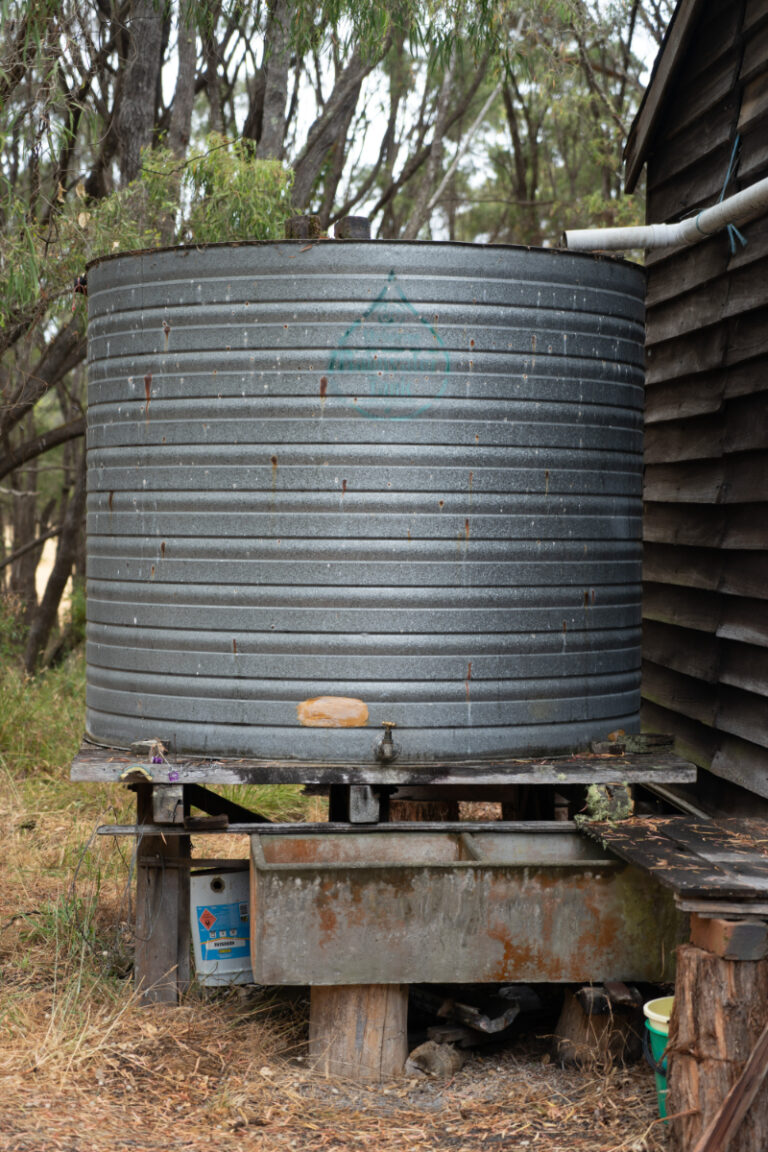The Benefits of Raising Chickens for Eggs and Meat
Raising chickens for eggs or meat is becoming increasingly popular among homeowners and homesteaders. However, before you jump into raising your own chickens, it’s important to research local regulations and guidelines, choose the right breed, build a proper coop, and maintain good hygiene and cleanliness practices.
The Benefits of Raising Chickens for Eggs and Meat: Your Comprehensive Guide

Researching Local Regulations and Guidelines
Before you begin raising chickens, you must check local regulations and guidelines. Some cities and towns may have ordinances that regulate the number of chickens you can keep, the location of the coop, and other requirements.
It’s important to find out what rules apply to your area to avoid legal issues.
Why It’s Important?
By researching local regulations and guidelines, you can ensure that you’re following the rules and not creating any problems for yourself or your neighbors.
Some areas may also have restrictions on which breeds are allowed to be kept as pets, so you’ll want to know which breeds are permissible before you make any purchases.
How to Get Started?
Start by checking your city or town’s website or contacting your local government office to see if there are any specific regulations or guidelines around keeping chickens.
You can also ask other chicken owners in your area about any restrictions or challenges they’ve faced.
Chicken Breeds for Egg Production and Meat
When selecting a breed, you must determine whether you want to raise chickens for eggs, meat, or both. Some species are better suited for egg production, while others are bred for meat.
Best Breeds for Eggs
Some of the best chicken breeds for egg production include Leghorns, Rhode Island Reds, Plymouth Rocks, and Sussex. These breeds are known for their high egg yields and are relatively low maintenance.
Best Breeds for Meat
Some of the best breeds for those who want to raise chickens for meat include Cornish Cross, Rhode Island Reds, and Sussex. These breeds are known for their meaty carcasses and fast growth rates.
Coop Construction and Maintenance
Building a proper coop is crucial for the health and safety of your chickens. Here are some essential things to consider when building and maintaining a chicken coop:
Building Your Own Coop
You can build your own chicken coop or purchase a pre-made one. If you decide to build your own, several online resources offer free plans, including the USDA’s Natural Resources Conservation Service and The Spruce.
Proper Feeding and Regular Health Checks
Proper feeding and regular health checks are essential for the well-being of your chickens. Here are some tips for keeping your chickens healthy:
- Provide a balanced diet: Chickens require a balanced diet that includes protein, carbohydrates, fats, vitamins, and minerals. You can purchase chicken feed at most farm supply stores or make your own.
- Offer clean water: Chickens require fresh, clean water at all times. Change their water daily and provide enough water for all your chickens.
- Monitor for signs of illness: Regularly check your chickens for signs of disease, such as lethargy, loss of appetite, or abnormal behavior. Contact a veterinarian if you notice any concerning symptoms.
Tackling Common Challenges
Raising chickens can be challenging sometimes, but with the proper knowledge, you can overcome common obstacles. Here are some common challenges you may face and how to tackle them:
Dealing with Predators
Predators such as raccoons, foxes, and coyotes can threaten your chickens. Here are some tips for keeping predators at bay:
- Secure the coop: Make sure your coop is predator-proof by using sturdy materials and locking the doors at night.
- Install fencing: Install fencing around your coop and run to keep predators out.
- Use traps: Use humane traps to catch and release predators that make their way into your coop.
Preventing and Addressing Diseases
Chickens are susceptible to avian influenza, Newcastle disease, and Marek’s disease. Here are some tips for preventing and addressing diseases:
- Practice good biosecurity: Practice good biosecurity by keeping your coop clean and free from pests like rodents and insects.
- Vaccinate: Vaccinate your chickens against common diseases like Marek’s disease.
- Isolate sick chickens: If you notice a chicken with symptoms of illness, isolate them from the rest of the flock and contact a veterinarian.
Good Hygiene and Cleanliness Practices
Maintaining a clean and hygienic coop is essential for the health and well-being of your chickens. Here are some tips for keeping your coop clean:
Importance and Benefits
Maintaining good hygiene and cleanliness practices can prevent the spread of disease, reduce the risk of pests, and improve the overall health of your flock. Chickens that live in clean, healthy environments produce high-quality eggs and meat.
Tips for Maintaining Cleanliness
Here are some tips for maintaining cleanliness in your coop:
- Clean the cage regularly: Remove droppings, feathers, and other debris from your coop daily. Perform a thorough weekly cleaning by removing all bedding materials and scrubbing the coop with mild detergent.
- Replace bedding: Replace the bedding material in your coop regularly. Good bedding options include straw, wood shavings, or shredded paper. Bedding helps absorb moisture and odors and provides a comfortable environment for your chickens.
- Provide proper ventilation: Ensure that your coop has adequate ventilation to allow fresh air to circulate and minimize the buildup of ammonia and moisture. Good ventilation can help prevent respiratory issues and maintain a healthy environment for your chickens.
- Disinfect waterers and feeders: Regularly clean and disinfect your chickens’ waterers and feeders to prevent the spread of bacteria and parasites.
- Control pests: Keep rodents, insects, and other pests under control by sealing any gaps in the coop, using traps, and keeping the area around the cage clean and free of debris.
- Remove sick chickens: If you notice any signs of illness in your flock, promptly remove the affected chicken(s) and treat them accordingly. This will help prevent the spread of disease to the rest of your flock.
Experiencing Joy and Satisfaction
Raising chickens for eggs or meat is a rewarding and fulfilling experience. Not only do you have the satisfaction of knowing where your food comes from, but you also have the opportunity to enjoy fresh, high-quality eggs and meat.
Once you’ve gained experience raising chickens, you may consider expanding your flock. This can provide you with more eggs or meat, as well as the opportunity to try raising different breeds.
Introduce new chickens gradually
When adding new chickens to your existing flock, introduce them gradually to minimize stress and aggression.
You can start by keeping the new birds in a separate enclosure within sight of the existing flock, allowing them to become familiar with each other before fully integrating them.
Monitor flock dynamics
Keep an eye on the interactions between your chickens, especially during the integration period. If you notice any aggressive behavior or bullying, intervene as needed to ensure the safety and well-being of all your birds.
Maintain proper coop size and space
As your flock grows, it’s essential to ensure that your coop and run are large enough to accommodate the increased number of chickens.
A general rule of thumb is to provide at least 2-3 square feet of space per chicken inside the coop and 8-10 square feet per chicken in the run.
Adjust feed and water supplies
With more chickens, you’ll need to increase the amount of feed and water available to meet their needs. Make sure to provide enough feeders and waterers for all your birds to access them easily.
Join online forums and social media groups
Many online forums and social media groups are dedicated to raising chickens. These platforms offer a wealth of information, advice, and support from fellow chicken keepers.
Attend local workshops and events
Check your local agricultural extension office or community center for workshops, classes, or events related to raising chickens. These events can be a great way to learn new skills, meet like-minded individuals, and stay up-to-date on the latest trends and best practices in chicken keeping.
Participate in local poultry shows
Poultry shows are events where chicken keepers showcase their birds and compete for awards. Participating in or attending these shows can allow you to learn more about different breeds, share your experiences, and connect with other chicken enthusiasts.
Conclusion
Including researching local regulations and guidelines, choosing the right breed, building a proper coop, and maintaining good hygiene and cleanliness, you’ll be well on your way to raising a healthy, happy flock of chickens.
By expanding your flock and joining a community of fellow chicken keepers, you’ll continue to grow and learn as a chicken owner. Embrace the challenges and joys of raising chickens, and enjoy the satisfaction of producing your own homegrown eggs and meat.






